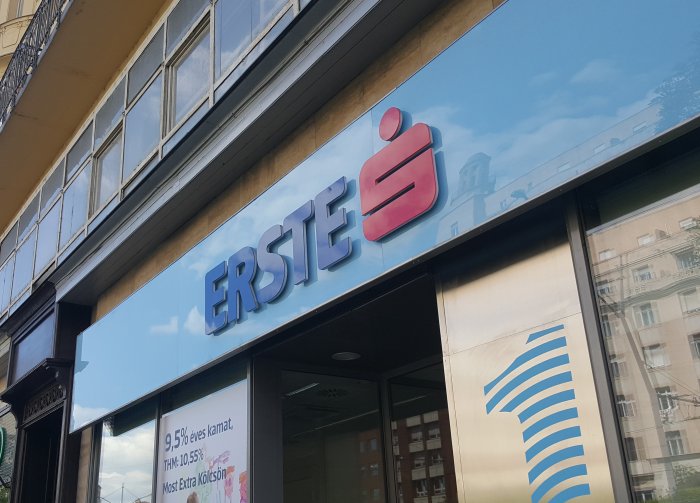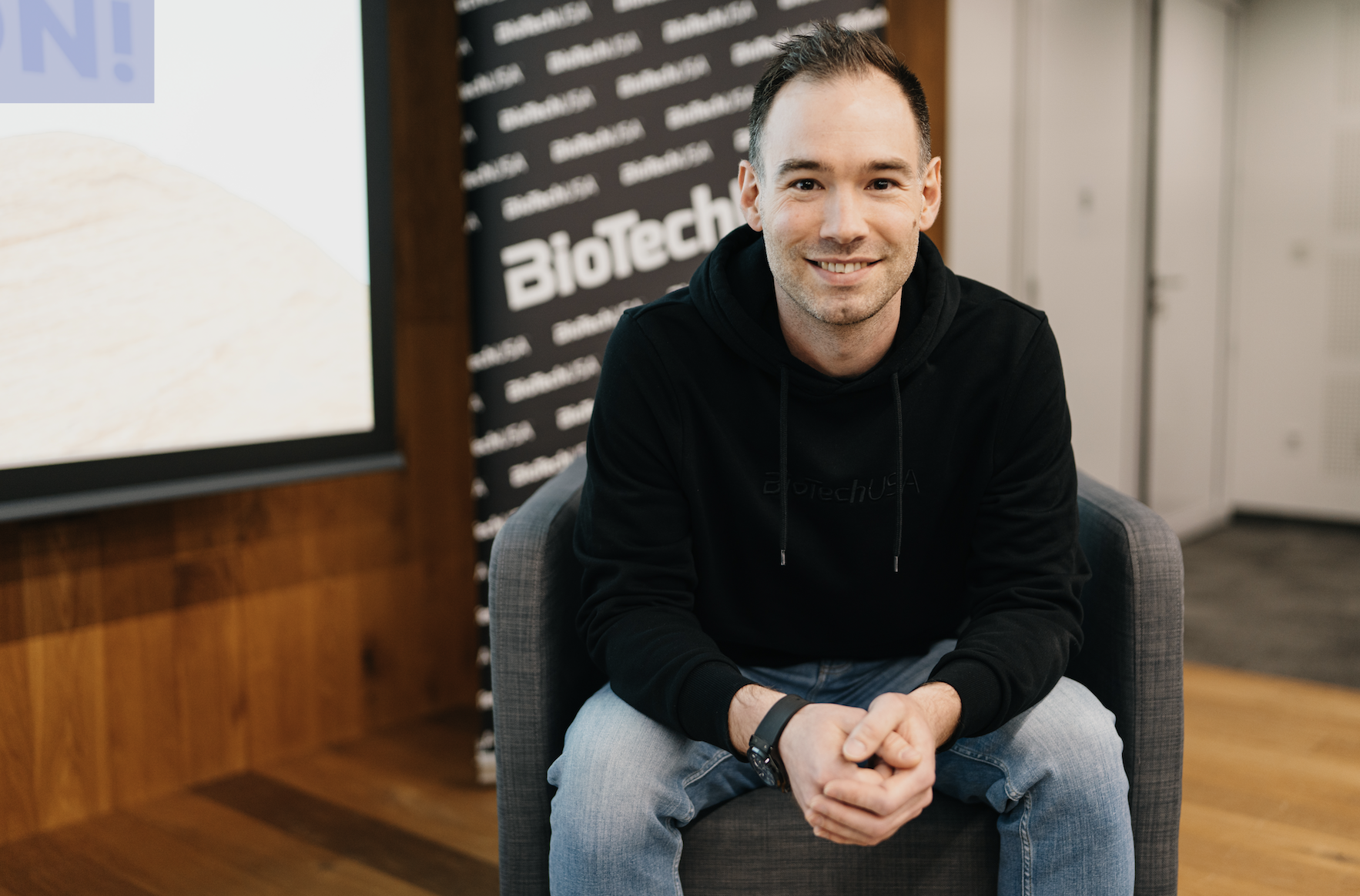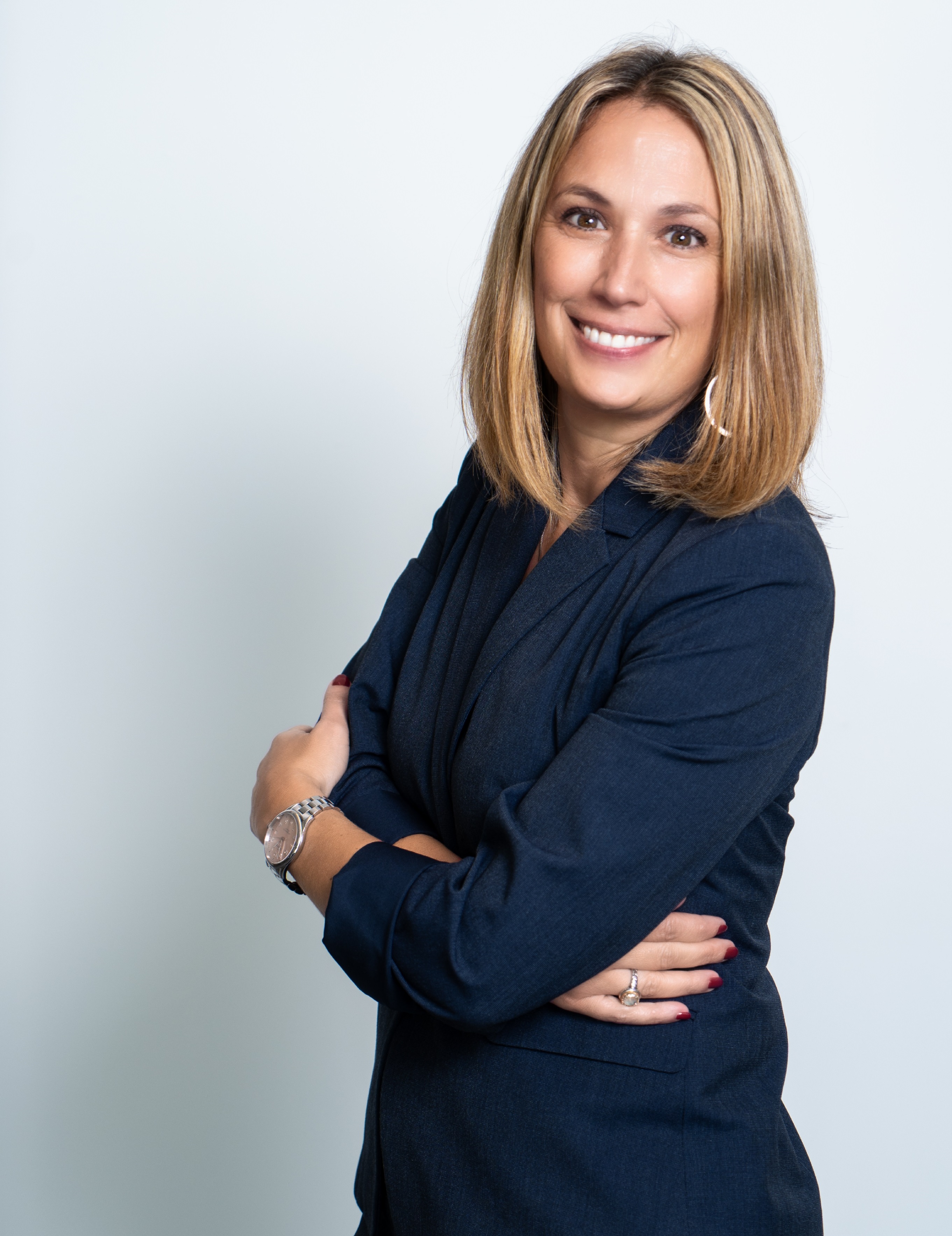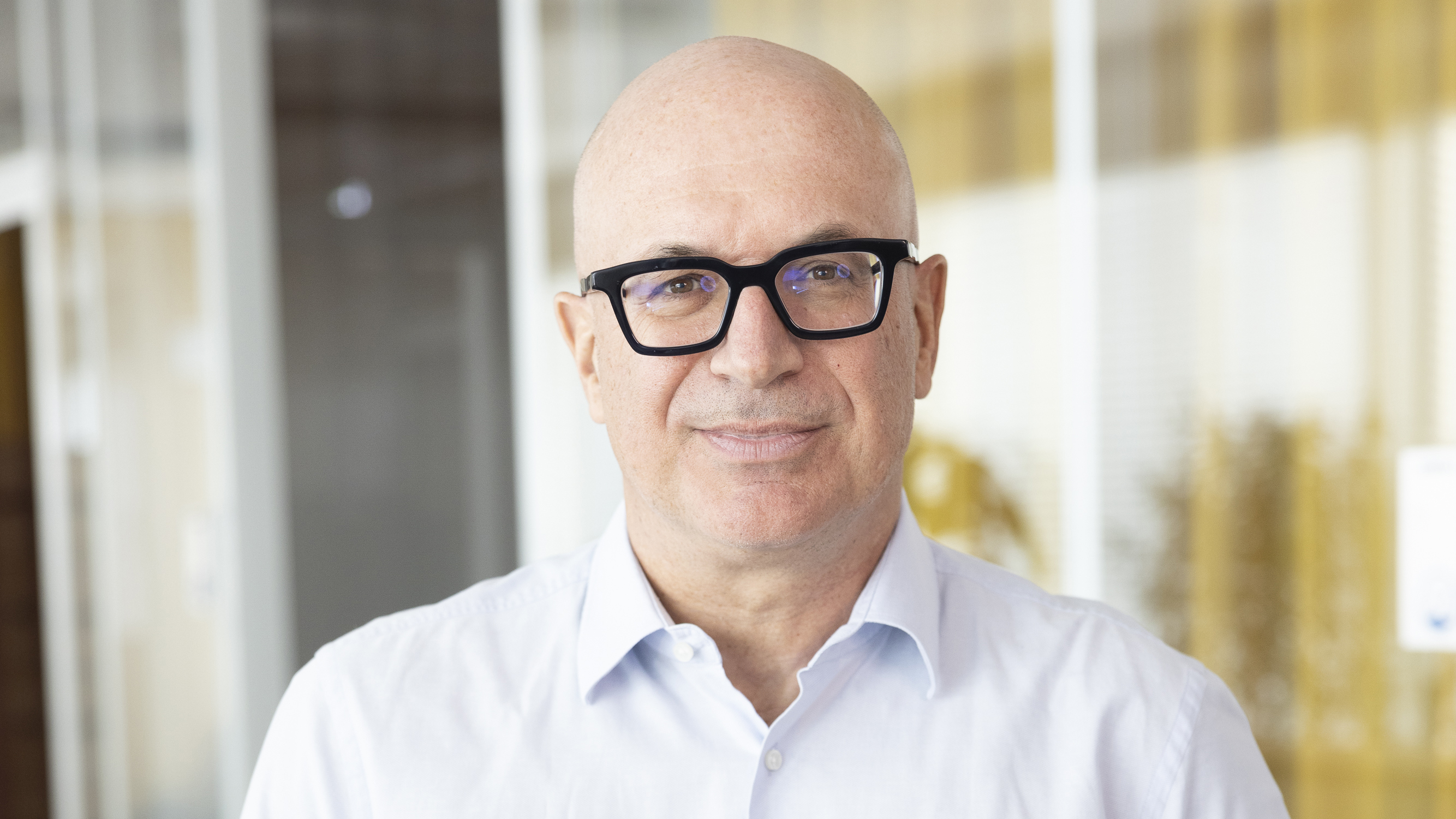Tackling the HR Challenges of the Biggest Bank Merger in Recent Hungarian History
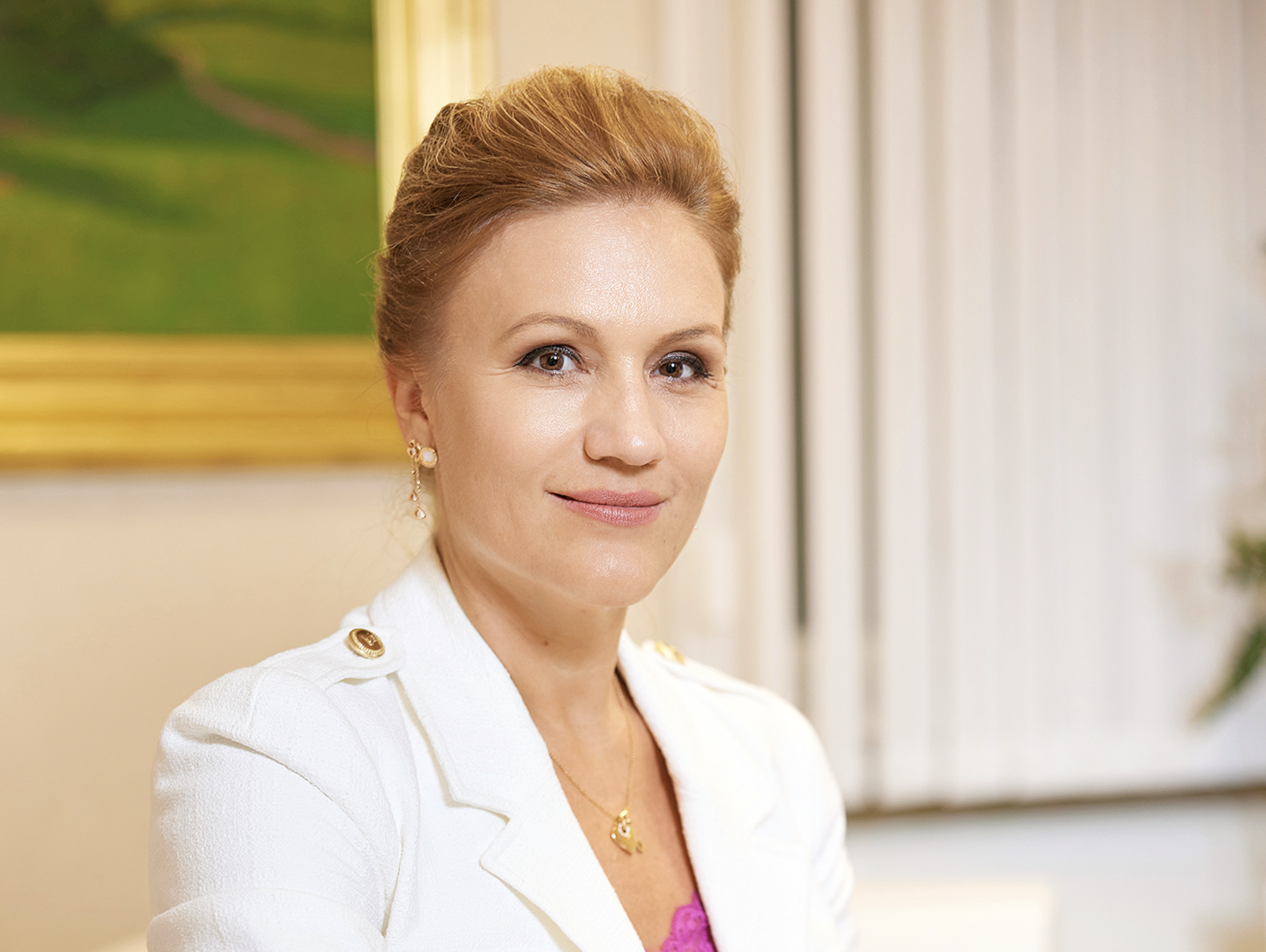
Kitti Dobi, chief HR officer, Magyar Bankholding.
Integrating the corporate cultures of different entities for a merger is always an interesting business challenge. The Budapest Business Journal talks with Kitti Dobi, the chief HR officer at Magyar Bankholding, who has been faced with tackling a three-way tie-up ahead of the launch of MBH Bank.
BBJ: The launch of MBH Bank, born via a merger of MKB Bank, Takarékbank, and Budapest Bank, is just days away. What are the most significant challenges in integrating the corporate culture of three different organizations?
Kitti Dobi: In Hungary, even in Europe, this transformation is a rarity. This is not only a legal, IT, or marketing challenge but also an enormous, coordinated effort of more than two years in organizational development, transformation, and leadership. It is, if not “mission impossible,” a challenge unprecedented in the last 20-30 years.
The size of our organization adds a particular complexity to shaping the corporate culture, as the merger involves the cultures of three different banks. One of the biggest challenges that we face is how we can stay necessarily structured while at the same time also customer-focused, digitally agile and flexible. Our vision of the new corporate culture embraces a pioneer role in digitalization based on collaboration and cooperation. We are committed to delivering best-in-class solutions, so we strive to bring in new talents to the existing ones with the right competencies from a diverse range of backgrounds. In this ecosystem, we are creating a new bank with a new organization based on a new corporate culture. In doing so, we must pay special attention to be able to react quickly, to be one step ahead of market needs.
BBJ: Which HR and corporate culture elements will you retain from the structures of the three banks?
KD: The former Budapest Bank had an extensive network of branches and a large customer base and was also a dominant player in the micro and SME sector. Takarékbank has a different profile, with one of the largest branch networks in the country, was a market leader in the agricultural segment, and has a significant presence in the micro and SME segment. MKB Bank, with a strong financial market track record, has a solid corporate client base.
The transformation will preserve the best practices and most valuable organizational aspects of the banks. The extensive physical reach provided by the largest branch network, and the in-depth knowledge of customers, built on decades of market presence, are very important. We are building on a very sound foundation while banking and the banking ecosystem are changing, and we are part of it. We can now rethink what banking is, rethinking the rules of the game. MBH Bank can, over time, be noticeably different in how it treats customers and how it can think about customers in a broader way than traditional day-to-day banking.
BBJ: In total, how many employees will the new bank have? Will an expansion of the headcount be on the cards after the merger?
KD: One of the most significant assets of the three member banks is our staff, who have a big responsibility in this transition. It is through their work that business results are achieved, and it is they who serve customers to the highest possible standards. That’s why our focus is on creating an excellent customer and employee experience (and, with it, business performance) rather than on specific headcount targets.
We want to become the most efficient player in the market. It is a priority to work with the best professionals in all areas while eliminating any duplication in the merger. Our flexible teams and working methods are also motivating factors among experts. It is no coincidence that our group has recently become an increasingly attractive employer in the labor market. The fact that we have a “good story,” a new bank, and a new organization to which all colleagues can contribute is a factor and is attractive to both potential talent and existing colleagues. We support them with complex and future-proof talent attraction, retention and development programs.
BBJ: MBH Bank is launching a unique career program with solutions tailored to different age groups. What are the key parts of the program in the case of each age group?
KD: With the new lifecycle program, we want to support employees at all stages of their careers, according to their needs. The principle is that all colleagues are equally valuable members of the workforce, and finding the proper role for them helps them to work in an efficient, balanced way. Last year, 90 people transitioned from the well-known national Fusion apprenticeship program to full-time employment, which is a good indicator of its success. The complex employee lifecycle program complements this with support for the whole career path.
The first step is the Start+ recent graduate program, a one-year rotation program for career starters, during which they can learn about four different areas of banking. We support young people with an individual development plan and a dedicated mentor, around whom we build a cohesive community.
Baby+ helps families with young children. Parents are given extra days off in addition to the Labor Code, and we try to ensure plenty of quality time together. We support the equipment of the baby room, and the development of movement for the little ones. Parents will be supported by a dedicated HR partner and special training modules to help them return to work, while we will also provide the administrative support they need.
Active+ offers an extra benefits package tailored to the over-60s, including additional days off beyond the Labor Code, extra age-appropriate health screening, and mental health advice. We contribute to quality cultural recreation and support time with grandchildren. Professional work is accompanied by training, including digital skills development. Reverse mentoring is integral to Active+, but we also organize numerous community and professional programs for them.
BBJ: What are the vital differences in what younger and older employees look for regarding incentives and benefits?
KD: Increasingly, I find that loyalty is not primarily a generational issue but a life situation issue. It is difficult to draw a clear pattern in the preference of different generations. Yet, income is an increasingly powerful consideration for young workers: overall, they have switched for higher pay in recent years at a higher rate than more experienced generations. However, young people are motivated not only by financial rewards but also by other important aspects: how well the company cooperates with employees, whether their work is recognized, career advancement opportunities, whether everything is well organized, whether the job roles are clear and what the relationship with their manager is like.
Many young people are less concerned about income if they feel we invest in their skills and they can progress in their careers. However, there comes a point when it is no longer worth staying just for knowledge, and they start to consider more complex aspects. The importance of these criteria is similar for other age groups; if we want satisfied employees, it is worth considering them on an ongoing basis, regardless of age.
And this brings us back to the first question: workplace culture, which is the basis of everything. The company culture has to be designed and developed correctly, with attention to colleagues and a positive experience for them. This is the only way to create well-functioning teams where colleagues, whatever their generation, are happy to work.
This article was first published in the Budapest Business Journal print issue of April 21, 2023.
SUPPORT THE BUDAPEST BUSINESS JOURNAL
Producing journalism that is worthy of the name is a costly business. For 27 years, the publishers, editors and reporters of the Budapest Business Journal have striven to bring you business news that works, information that you can trust, that is factual, accurate and presented without fear or favor.
Newspaper organizations across the globe have struggled to find a business model that allows them to continue to excel, without compromising their ability to perform. Most recently, some have experimented with the idea of involving their most important stakeholders, their readers.
We would like to offer that same opportunity to our readers. We would like to invite you to help us deliver the quality business journalism you require. Hit our Support the BBJ button and you can choose the how much and how often you send us your contributions.


